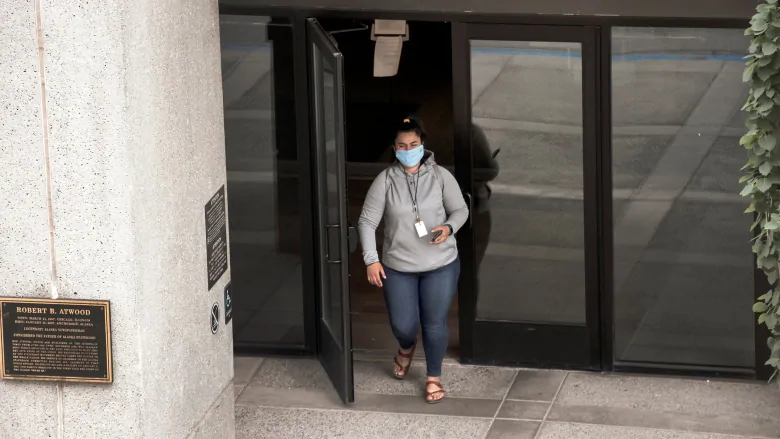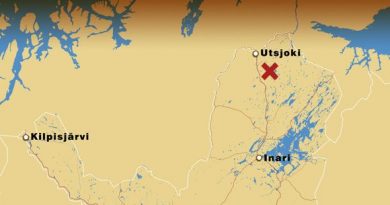Indigenous communities in Alaska harder hit by COVID-19

Alaska state health data indicate Pacific Islanders and Alaska Natives are more likely to contract COVID-19 and be hospitalized with the illness.
Beyond underlying medical conditions, culture and economics contribute to the disparity, Alaska Public Media reported Tuesday.
Data indicate Pacific Islanders in Alaska have contracted COVID-19 at about eight times the rate of the rest of the population and are more than four times as likely to be hospitalized with the virus.
Alaska Natives are more than one-and-a-half times as likely to contract the coronavirus and have been hospitalized almost twice as much.
Pacific Islanders, Alaska Natives and American Indians, who also have been more susceptible to the virus, are more likely to live in crowded, multi-generational housing where the virus can easily spread.
Dr. Bob Onders, medical director of the Alaska Native Tribal Health Consortium, said multi-generational housing can create a higher risk for these groups in urban and rural areas. Many homes in rural Alaska also lack adequate sanitation, another factor contributing to virus spread.
Closeness is culture
Lucy Hansen, president of the Polynesian Association of Alaska, said physical closeness is customary for the Pacific Island community.
Social gatherings have been a conduit for virus transmission and Hansen has asked community and church leaders to spread the message that meeting in person can be dangerous.
Hansen has also translated health information resources into Samoan and Tongan for community members who do not speak English as a first language.
For most people, the coronavirus causes mild or moderate symptoms, such as fever and cough that clear up in two to three weeks. For some — especially older adults and people with existing health problems — it can cause more severe illness, including pneumonia, and death.
The number of infections is thought to be far higher because many people have not been tested, and studies suggest people can be infected with the virus without feeling sick.
Related stories from around the North:
Canada: New Zealander sails through Arctic on custom yacht in violation of COVID-19 restrictions, CBC News
Greenland: Greenland changes COVID-19 rules for travellers from Iceland, Faroe Islands, Eye on the Arctic
Iceland: Iceland intensifies COVID-19 border testing after case increase, Eye on the Arctic
Russia: Russia’s Murmansk region counts more COVID-19 cases than neighboring Norway or Finland, The Independent Barents Observer
Sweden: Swedish authorities tasked with preparing for second coronavirus wave, Radio Sweden
United States: Two Conoco employees in Alaska’s Arctic test positive for COVID-19, Alaska Public Media



